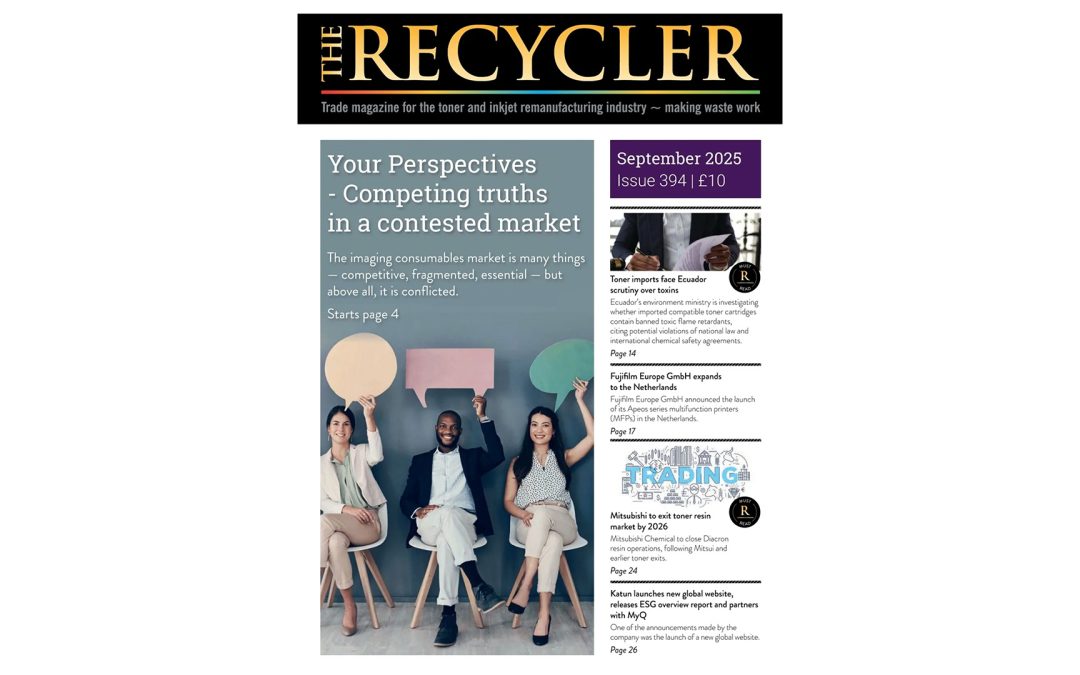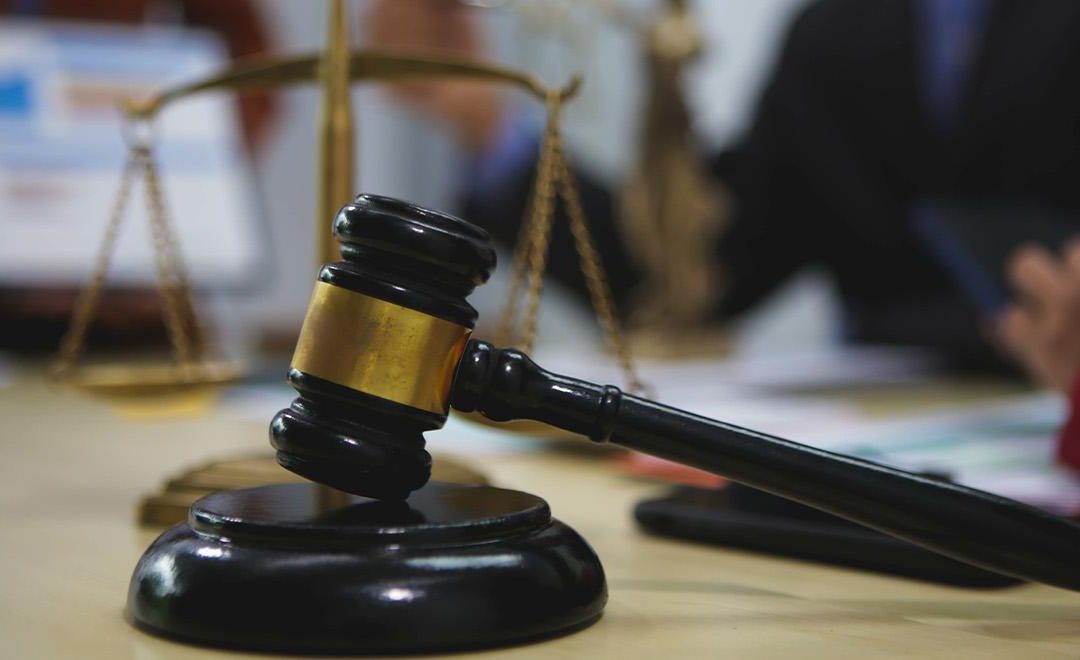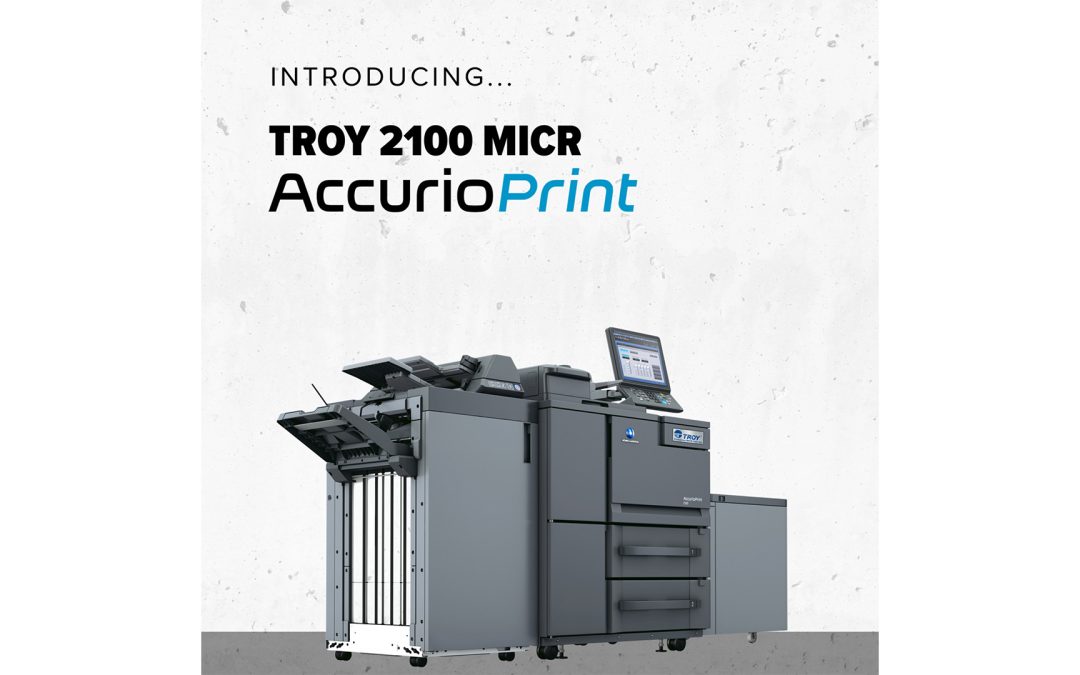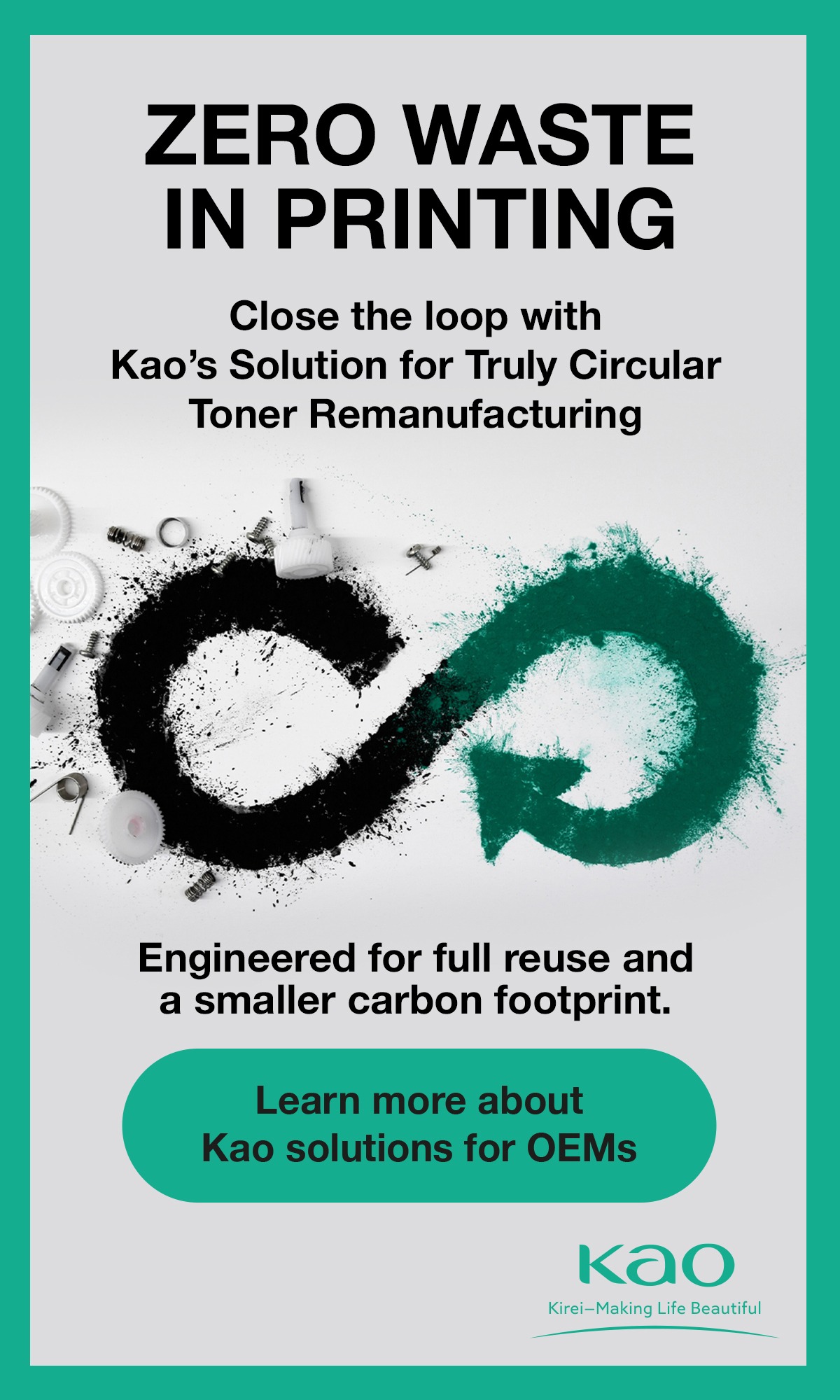
Michael Weinberg (Credit: 3ders)
An exception in a Copyright Office rule could prevent people from unlocking 3D printers.
The rule, which was renewed by the US Patent and Trademark Office and allows people to unlock a 3D printer with a nonproprietary filament, contains an exception which could “effectively override it”, as 3ders reports. As a result, Michael Weinberg of Shapeways’ IP and General Council, has drafted a petition to amend the rule.
The rule was initially implemented in 2015, when it was “generally seen as a positive thing”, could now be rendered ineffective “because of semantics”. According to the exemption in the rule, users will not be able to hack a 3D printer that “produces any parts or products for commercial purposes.” While the exemption “seems reasonable”, due to the wording, Weinberg thinks it could “pose a danger”.
Because it is possible for any 3D printer to be used to produce parts for commercial use, the rule has a “broad reading” which could render the rule inapplicable to all printers.
According to Weinberg: “A charitable reading of the exception suggests that it was motivated by a fear that people might unlock their 3D printer, use third party (and sub-standard) material in their printer, create something highly regulated like an airplane part or medical implant, and then have that part fail because no one realized that it failed to meet the standards.”
“Unfortunately, the language that the Copyright Office chose to address this concern was so broad as to basically include every 3D printer,” he went on. “Specifically, it said it did not apply to a printer that ‘produces goods or materials for use in commerce the physical production of which is subject to legal or regulatory oversight.’ Needless to say, this is pretty broad.”
The petition calls for the Copyright Office to “amend the rule” and remove the troublesome clause for several reasons. The main reason “is to remove any potential block to people using the 3D printing materials they want”, while secondly “the concern raised through it […] is actually unfounded.”
“Ultimately my petition asks the Copyright Office to focus on the copyright aspects of this decision,” Weinberg wrote. “To the extent that there is no copyright-related reason to limit the scope of the exemption, the exemption should not be limited. If there are non-copyright-related impacts of the decision, the Copyright Office should let the other parts of the Government worry about those.”
The petition can be found here.





















